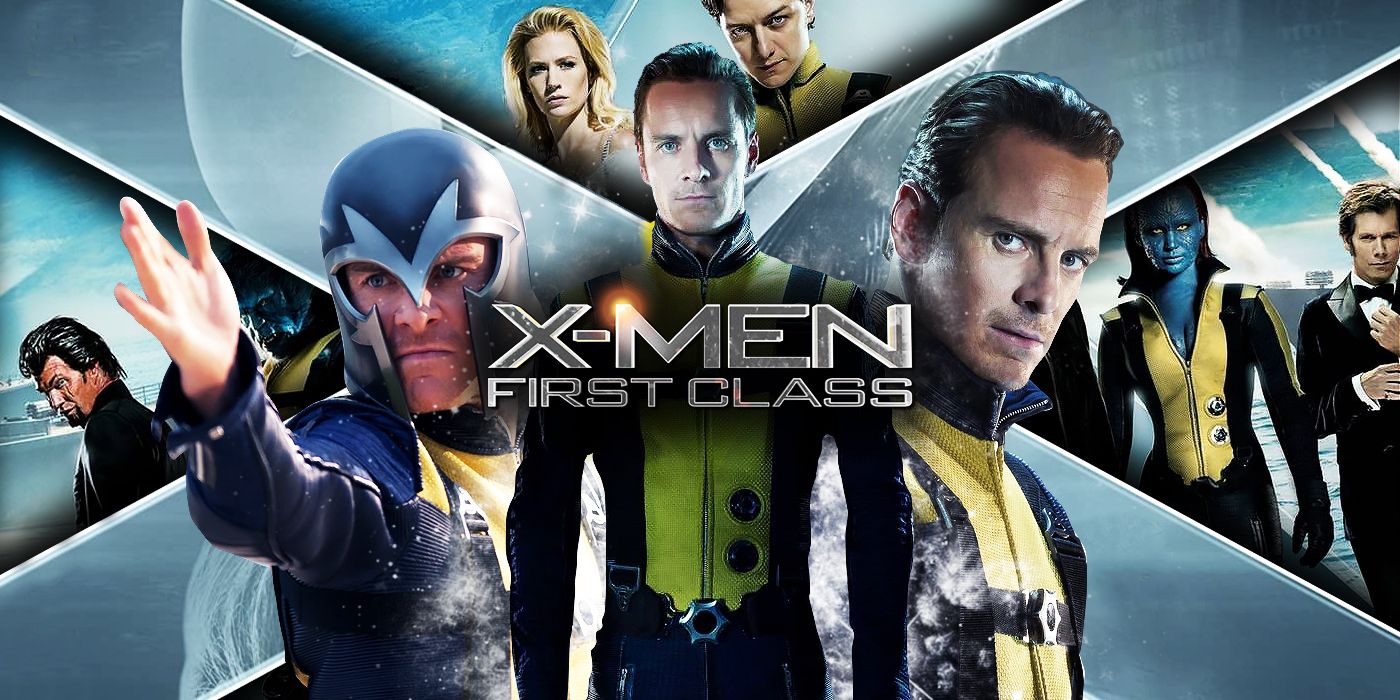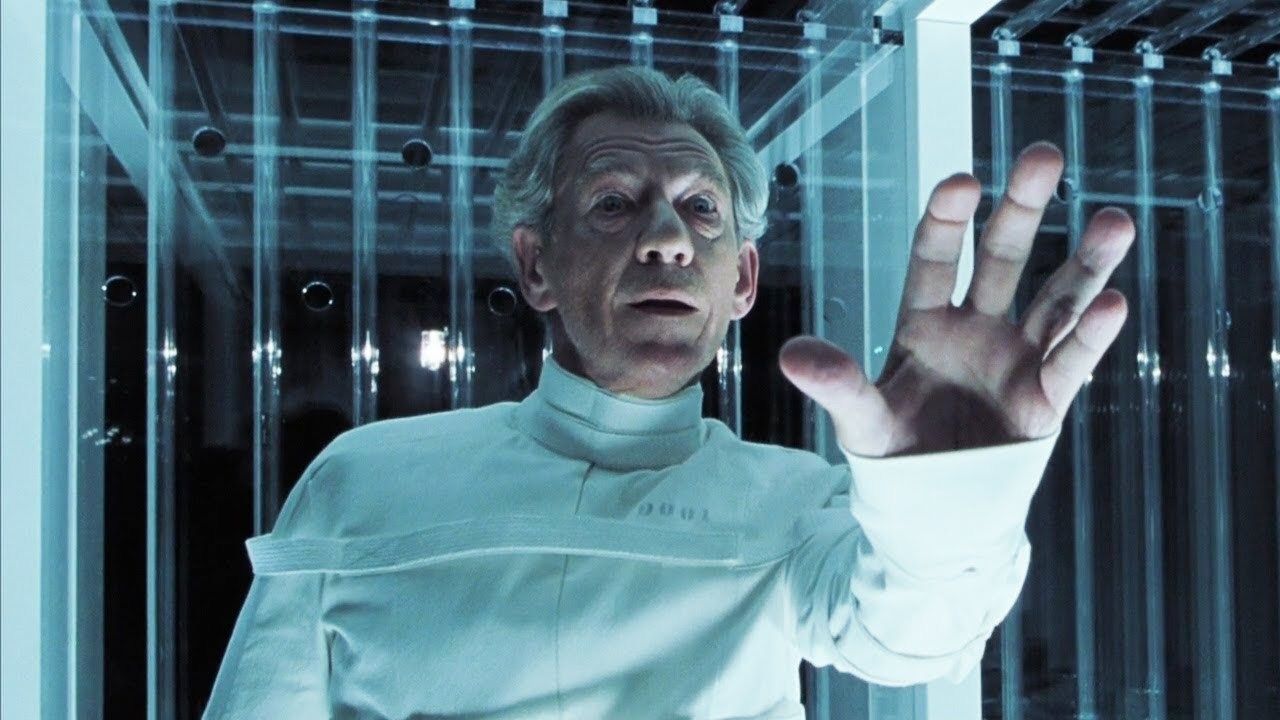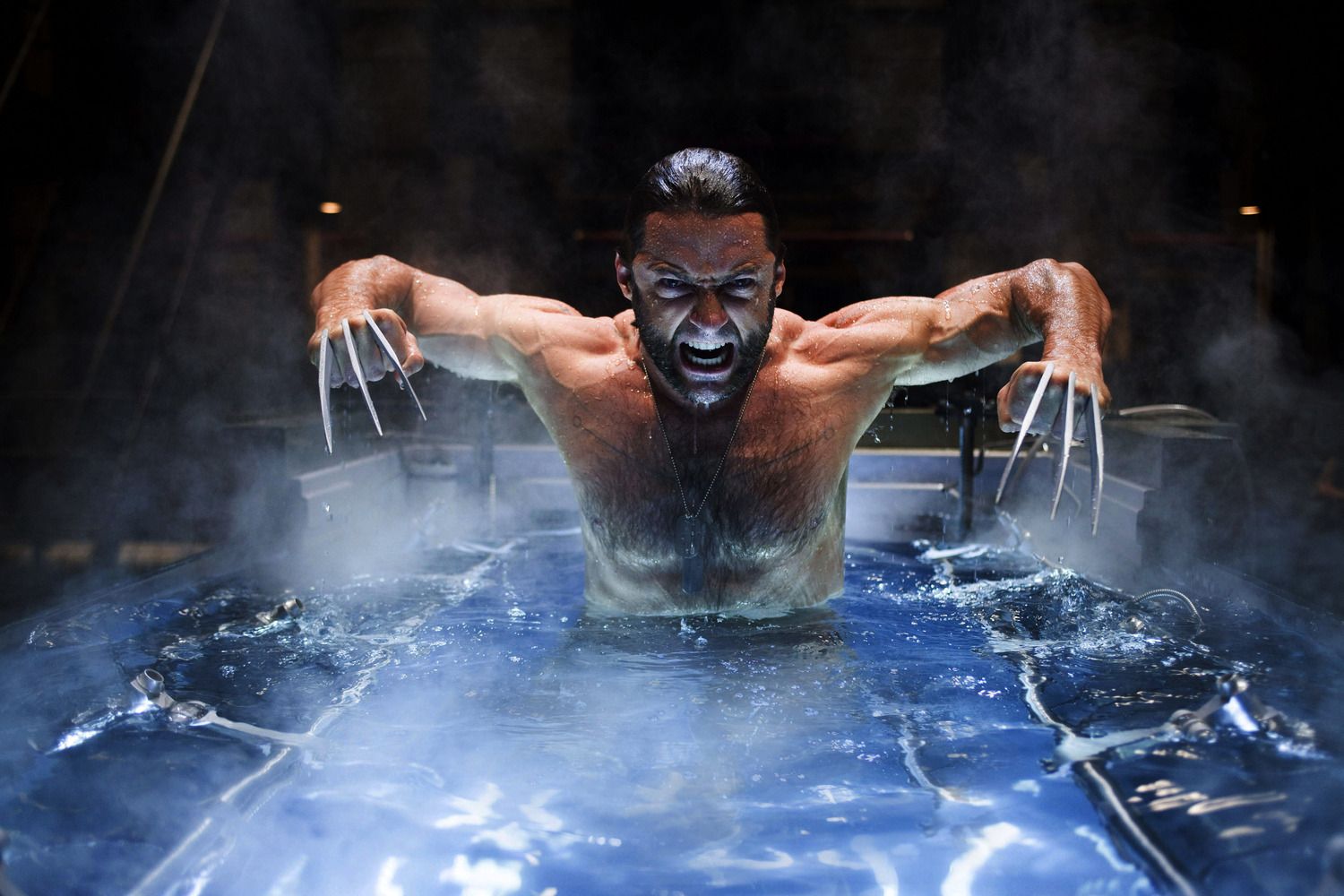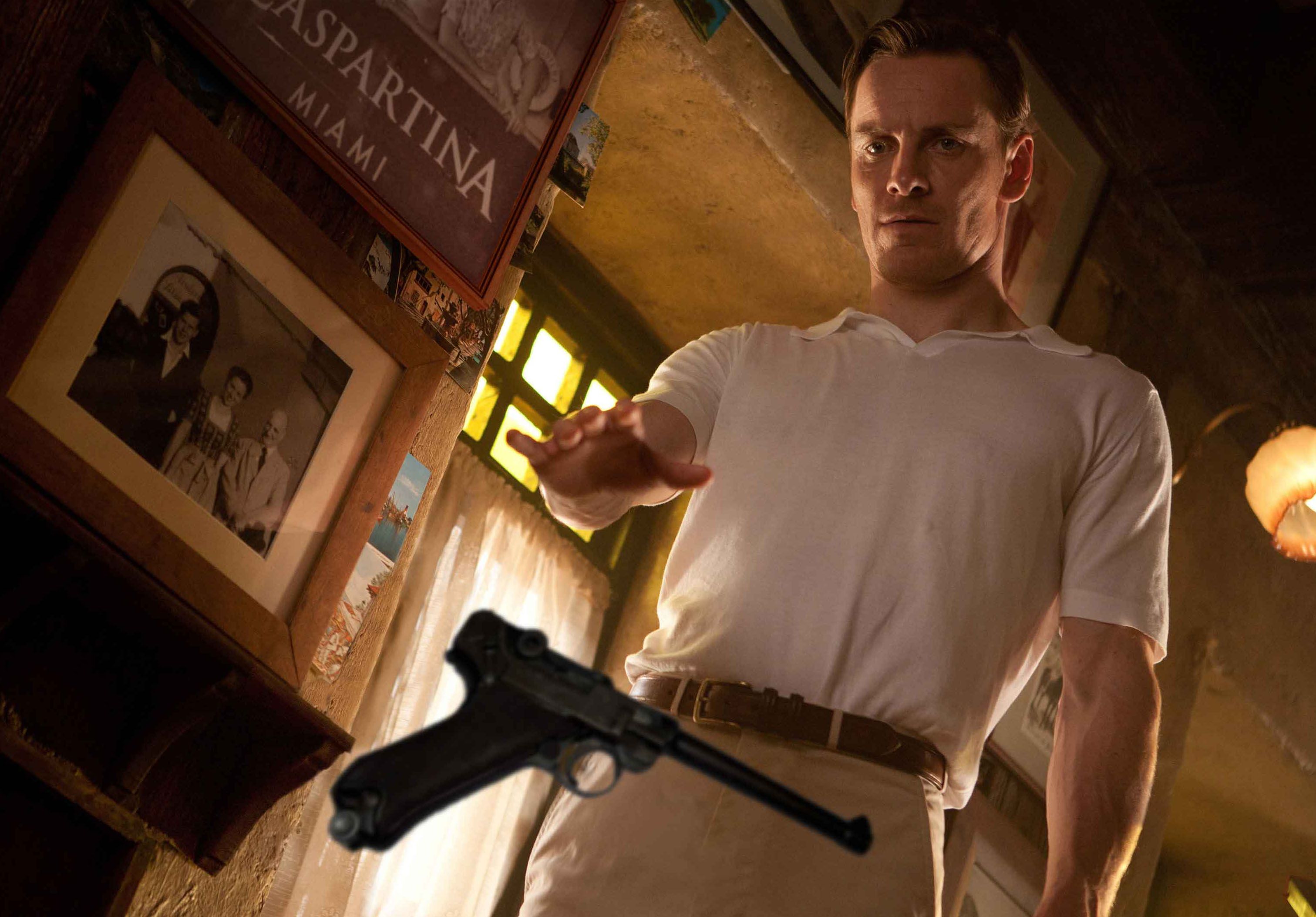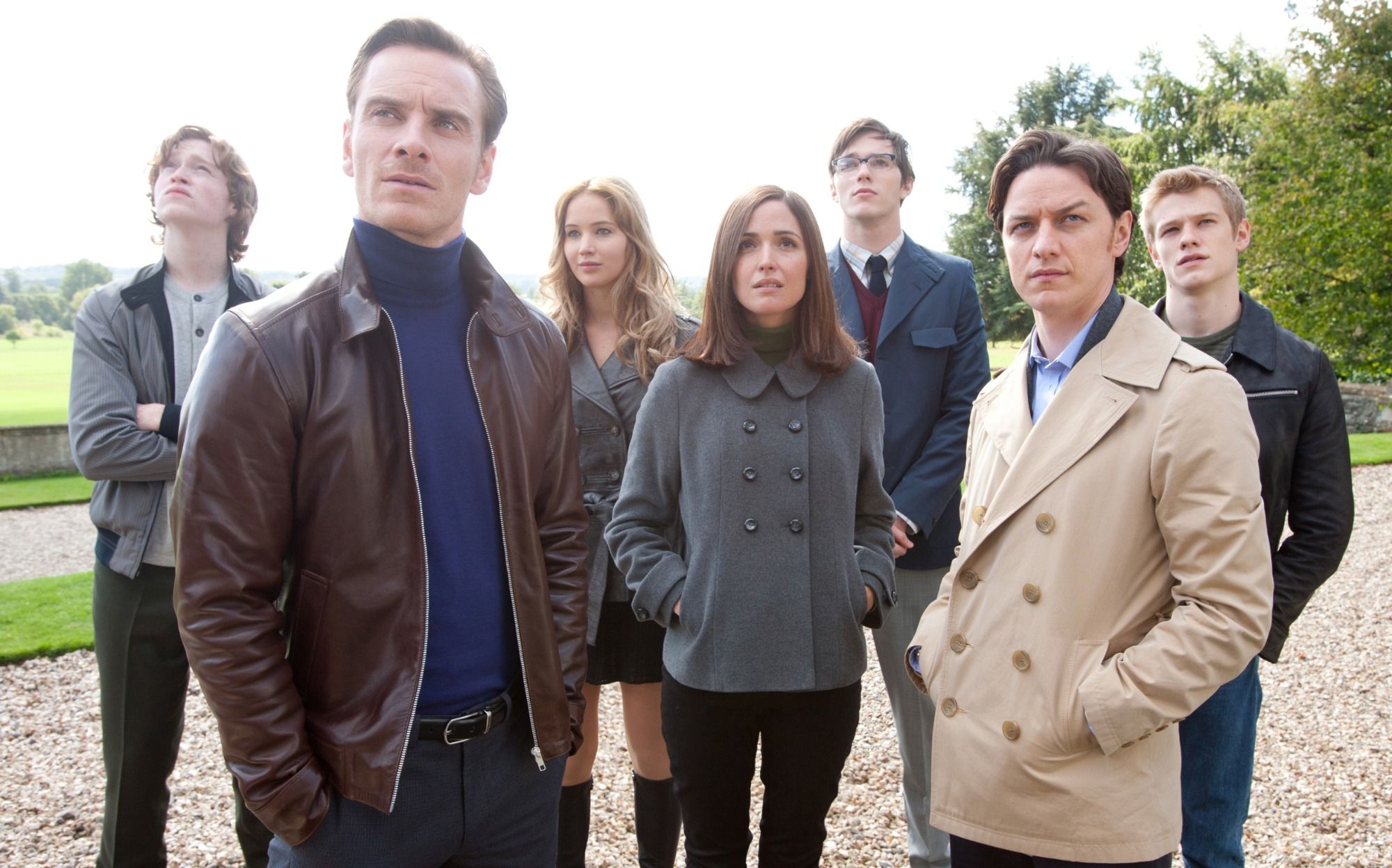While the current blockbuster landscape is dominated by the heroes of the Marvel Cinematic Universe and other larger-than-life figures, it’s tough to explain to those under the age of 20 just how big of a deal the X-Men franchise was back in the 2000s. The first X-Men movie helped jump-start the current crop of superhero movies with its grounded-in-reality approach to the Marvel Comics characters, and 2003’s highly anticipated sequel X2 was a dang phenomenon, being hailed as one of the best sequels ever made. By the time 2006’s X-Men: The Last Stand rolled around, the box office for this franchise was climbing to its highest heights while Hugh Jackman was firmly a breakout star for his role as Wolverine. This led 20th Century Fox to start thinking about ways to extend the longevity of the X-Men franchise, and their earliest plan was to create a series of prequels that would unveil the backstories of characters like Charles Xavier and Magneto. But a series of changes and one big misfire morphed the planned Magneto origin movie into 2011’s X-Men: First Class, resulting in one of the best X-Men movies ever made.
The idea for X-Men: First Class originated back during the making of X2, when franchise producer Lauren Schuler Donner sparked to the idea of focusing on a younger group of X-Men mutants. In 2006, screenwriter Zak Penn who worked on The Last Stand was officially hired to write a spinoff focusing on young X-Men characters.
At the same time, Fox was working on getting some prequel origin movies off the ground. In 2004, David Benioff (you know, the guy who would go on to co-run Game of Thrones) signed on to write a Wolverine prequel movie and Sheldon Turner (Up in the Air) opted to tackle a Magneto prequel movie. The Wolverine film took precedence as Jackman’s character had become the de facto protagonist of the X-Men movies and was insanely popular, and X-Men Origins: Wolverine was born.
As reported in 2004, X-Men Origins: Magneto was planned as “The Pianist meets X-Men” with Turner craftig a story that would span 1939 to 1955 and would follow Magneto during World War II trying to survive Auschwitz. The story would find him crossing paths with Charles Xavier, who would be introduced as a young soldier involved in the liberation of the camp, and the two would spark a friendship.
In 2007, David S. Goyer (Blade: Trinity) signed on to direct the Magneto movie, and Ian McKellen was poised to reprise his role in scenes that would open and close the movie while a new actor would take on the mantle of young Magneto. All was on track to start production in Australia in 2009, but the writers strike and the harshly negative response to X-Men Origins: Wolverine (which hit theaters in May 2009) put a halt to those plans, and the film went back into development.
At the same time, Fox was still keen on making a movie following younger mutants, and producer Simon Kinberg suggested they adapt the First Class comics. Penn had since moved on, but The O.C. creator Josh Schwartz was hired to write an adaptation in 2008 given his experience writing engaging teenaged characters on the hit FOX series. Then in December 2009, 20th Century Fox brought Bryan Singer back to the X-Men franchise as the director of X-Men: First Class. He had previously bailed on The Last Stand to instead make Superman Returns for Warner Bros, but following a break after his dramatic film Valkyrie, he was keen on returning to the X-Men franchise. But Singer had his own treatment for First Class, and Schwartz ended up leaving the project, explaining in 2010 that he and Singer wanted to make two very different movies:
"I finished my draft. Bryan Singer came onboard the movie, who's the best possible guy to direct the X-Men movies, and he wanted to make a very different kind of movie. He's Bryan Singer. If he wants to make an X-Men movie, they make his X-Men movie. But it was a great experience and it was an honor to work on it."
At this same time X-Men Origins: Wolverine was seen as a massive failure, and so Fox was defaulting back to safety mode to ensure they hadn’t just killed their lucrative franchise. It’s likely for this reason that the idea of making a full-on Magneto prequel was scrapped, but the other hiccup here was that Singer’s idea for X-Men: First Class covered similar territory, and with Singer aboard the film was now the top priority for the franchise. Singer explained in 2009 that the story for First Class “superseded” the Magneto prequel:
“This story would probably utilize some of the Magneto story because it deals with a young Magneto, so it might supersede that because this would explore that relationship between a young energetic professor and a disenfranchised victim of the Holocaust.”
Singer’s idea shifted the story to the 1960s and set it against the backdrop of the Cuban Missile Crisis, but the idea of Magneto as a Nazi hunter lingered and Ashley Miller and Zack Stentz were hired to rewrite the script that was originally penned by Jamie Moss.
How the screenplay evolved from here gets somewhat murky, as Singer challenged the Writers Guild of America and claimed that his idea for X-Men: First Class didn’t use any of Sheldon Turner’s X-Men Origins: Magneto script for inspiration. But the WGA disagreed, and granted Turner a "story by” credit. What is 100% certain is that X-Men: First Class ended up serving as a Magneto prequel origin story in and of itself.
The development of X-Men: First Class was far from over at this point. As Miller and Stentz continued working on the script, Singer dropped out of the director’s chair in March 2010 due to scheduling conflicts with his Warner Bros. film Jack the Giant Slayer. Fox was now on the hunt for a new filmmaker to take over what was essentially a reboot of the X-Men franchise, and the pressure was on given the stink of X-Men Origins: Wolverine.
Matthew Vaughn was not an obvious choice at this point, not because he wasn’t qualified, but because he had a history with the X-Men franchise. He was originally supposed to direct X-Men: The Last Stand but backed out at the last minute over creative differences. But his 2010 film Kick-Ass was a hit, and Simon Kinberg reached out to gauge his interest in crafting his own spin on the X-Men with First Class. Vaughn sparked to the idea immediately:
“I was totally excited about doing X3 and basically co-wrote the script with [Simon] Kinberg and Zak Penn. We did that in six days together, and then storyboarded the whole movie, prevised all the big sequences, and then like an idiot, thought that I didn't have enough time to make the film I wanted, so I had to leave. I sort of regretted that ever since, and when Fox rang me up and said, ‘Do you want a chance to reboot X-Men and put your stamp all over it?’ When they told me that, I thought they were joking at first, and then they told me it would happen in the '60s against the Cuban missile crisis as the backdrop, I thought, ‘God, this sounds cool. Why not? Let's do it.’”
Vaughn and his writing partner Jane Goldman set about rewriting the screenplay themselves, and while they didn’t change many of the characters, they did restructure the story:
“There was a very rough screenplay which had loads of the characters in and then Jane and I went off and put our stamp all over it, came up with a whole new way of structuring the first act and the third act and then we had to get the second act to work. The problem about this movie is that it's a four-act structure, which I always find tough to pull off 'cause the third act in this film is sort of them training, which really should be the beginning of the second act not the third act, so it was quite hard to get that structure right, but once we did it, it just felt good and we went off and shot the thing.”
Vaughn tackled X-Men like a Bond movie with superheroes, embracing the 1960s style while also threading an emotionally engaging origin story for the relationship between Professor X and Magneto. He also cast the hell out of the movie, landing James McAvoy, Michael Fassbender, Jennifer Lawrence, Nicholas Hoult, and Rose Byrne right before each of them exploded and became superstars. And while the production of X-Men: First Class wasn’t easy (they reworked the third act and were still filming with only months to go before release), the resulting film is a breath of fresh air for the X-Men franchise and alongside The Wolverine and/or Logan, feels like one of the more distinct installments in the series.
Unfortunately First Class was a bit of a one-and-done. Vaughn was originally onboard to direct the next film in the series, which became X-Men: Days of Future Past, but Singer subsequently took over and instead of keeping the focus on the new cast, the movie brought back old favorites from the original X-Men movies via time travel. As a result, Days of Future Past felt much more in line with the first few X-Men movies and didn’t have that unique flavor that made First Class so special.
Eventually the franchise would all but drop the idea of embracing the period nature of these films (X-Men: Apocalypse barely acknowledges it takes place in the 80s) and would flood them with too many characters, and nearly a decade after X-Men: First Class’ release the cast reunited for a swan song of sorts in the form of Dark Phoenix, which really closed this series out with a whimper.
It’s a shame really, because First Class had so much promise, but it’s even more impressive that the film was a critical success given how muddled its development was. A decade after its release, and 13 films deep into the franchise, X-Men: First Class still stands as a cut above.

